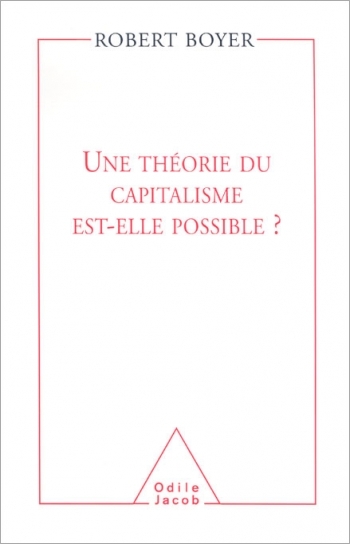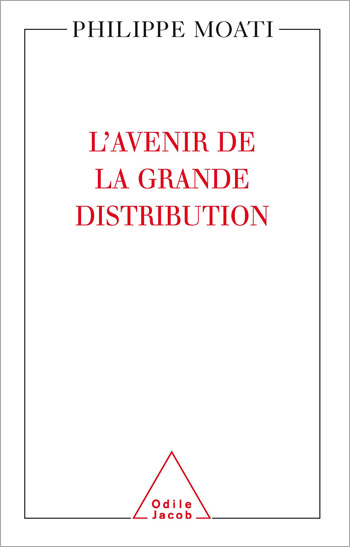Human Sciences All books

Étienne-Émile Baulieu
The Generation of the Pill
After meeting Gregory Pincus, the inventor of the pill, E. Baulieu, a young researcher and hormone specialist, found himself at the heart of one of society s most burning controversies: contraception. This is his story; his own contribution to contraception, RU 486, the first contragestive pill, and his reflections on the ethical debate it provoked.

Robert Boyer
General Theory of Capitalism is it possible?
Robert Boyer is a leading figure of the regulationist school of economics, which believes that capitalism requires external, political, monetary and social regulations, and that the capitalist economy cannot be reduced to the self-regulating laws of the market. In this book, he proposes a general theory of capitalism, from two angles. First of all, he argues that there are several models of capitalism - not just one. America's ultra-liberal capitalism is unlike German capitalism, which is characterised by the fusion between banks and businesses, just as it is unlike French state-interventionist capitalism and Japan's capitalism of consensus. Secondly, in order to understand how capitalism works, every aspect has to be considered - not just the market but also political and social institutions (the State, central banks, unions, etc.) and the conventions they create among themselves (salary agreements, etc.). Robert Boyer is a research fellow at the Centre National de la Recherche Scientifique, a director of studies at the Ecole des Haute Etudes en Sciences Sociales and a member of the French prime minister's Council for Economic Analysis.

Sébastien Soriano
The Future of Public Service
A decisive contribution to thinking about the sovereignty of society in the face of the era of networks and the digital world.

Philippe Moati
The Future of Large-Scale Distribution
Few phenomena have changed our urban centres as much as the birth of large-scale distribution: our towns ans cities have been transformed, as have our methods of purchasing, and even our places of social interaction have moved. This is perhaps only the beginning. In this book, Philippe Moati reviews the development of large-scale distribution during the three decades of prosperity that followed World War II and the economic crisis that succeeded them. He analyses the problems encountered by large-scale distribution today and examines the development strategies that are currently being put into practice and the revolutions which are perhaps to come. Philippe Moati teaches economics at the University of Paris-VII and is a director of research at CREDOC.

Fareed Zakaria
The Future of Freedom
Is it really so that more democracy leads automatically to more freedom ? Why, in the four corners of the world, are we now seeing an increased capacity for religion to mobilise the people ? Why, in Europe as in the United States, do we have minorities and oligarchies reigning in the name of the people ? Why has there been an increase in the number of regimes which are born from the polling booth, yet which exalt fanaticism, repression and war ? A dazzling world tour of the geo-political horizon, and also a lesson in modern and contemporary history, which we lead us to reexamine our own prejudices. Fareed Zakaria is the editor of Newsweek International and was formerly the managing director of the review Foreign Affairs.



